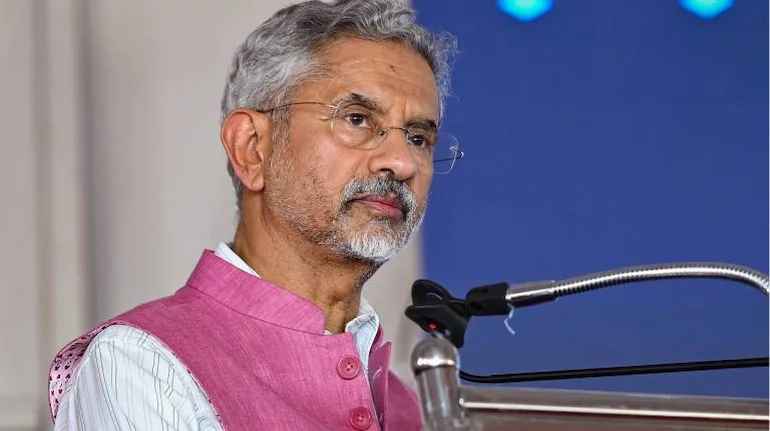In a forthright interview with Hindustan Times, External Affairs Minister S. Jaishankar criticized India’s first Prime Minister, Jawaharlal Nehru, for losing territory to Chinese aggression. Addressing the Opposition’s concerns about China’s activities near Arunachal Pradesh and east Ladakh, Jaishankar traced these issues back to Nehru’s tenure.
Responding to questions about China building a model village near Arunachal Pradesh, Jaishankar clarified that the area in question, Longju, was captured by China in the late 1950s. “The village causing controversy is in Longju. According to records, China captured Longju in 1959 and then fully occupied it in 1962. Nehru admitted to Parliament in 1959, ‘I am sorry but it has gone out of my hands,’” Jaishankar told HT’s R Sukumar and Shishir Gupta.
He also discussed a bridge being constructed by China near Pangong Tso lake. “The bridge is near Khurnak Fort, which the Chinese occupied in 1958 and held during the 1962 war. This area has been under Chinese control since then,” Jaishankar explained.
Further, Jaishankar addressed concerns about a road being built by China in the Shaksgam valley, which could threaten India’s positions in Siachen. He blamed Nehru for allowing the area to become part of Pakistan-occupied Kashmir (PoK). “Nehru accepted a ceasefire in 1949, letting Shaksgam valley fall under PoK. In 1963, Zulfikar Ali Bhutto handed over 5,180 sq km of this territory to China. Now, critics blame Modi for the situation,” Jaishankar remarked.
Jaishankar also accused Rahul Gandhi of being inconsistent in his stance on China. “Rahul Gandhi meets the Chinese ambassador secretly during the Doklam standoff while portraying himself as a nationalist. He avoids criticizing China’s Belt and Road Initiative (BRI), which violates India’s sovereignty. His admiration for China’s achievements is evident,” Jaishankar added.
Jaishankar’s remarks highlight the historical complexities and ongoing challenges in India-China relations, placing significant blame on past leadership while defending the current government’s stance and actions.






